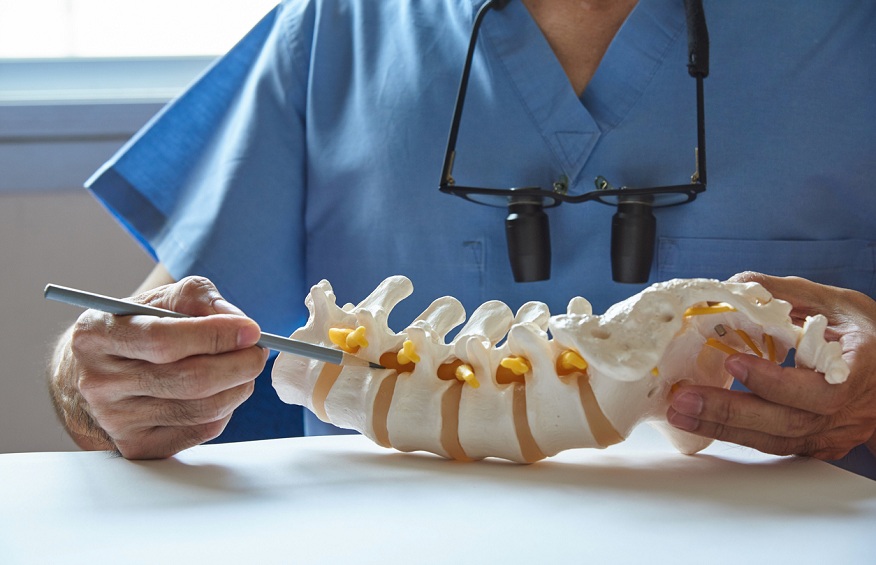The Role of Technology in Orthopedic Surgery
Ever wondered how technology changes the landscape of medicine? Let’s talk orthopedics. Picture this – a world where a knee replacement is as simple as changing a tire, where joint preservation Cumming isn’t just a wishful thought but an achievable reality. Thanks to technology, that world isn’t as far-fetched as it may seem. From robot-assisted surgeries to 3D-printed bone replacements, the realm of orthopedic surgery is immersed in a technological revolution. This isn’t just about the high-tech toys surgeons get to play with – it’s about bringing the future of medicine to the here and now.

Robotic Surgical Systems: Precision Redefined
Imagine a surgeon performing a complex procedure with minimal incisions, reduced blood loss, and quicker recovery times. Sounds like a sci-fi movie, right? Wrong. This is the reality of robotic surgery. These systems help surgeons perform intricate operations with unmatched precision, making orthopedic procedures less invasive and more successful.
3D Printed Implants: A Custom fit
Getting a new hip or knee isn’t like picking out a pair of shoes. Everybody is unique, and every joint replacement should be too. Enter 3D printing. Now, surgeons can create a bone model, design a custom implant, and test it all before you even enter the operating room.
Computer Navigation: The GPS of Surgery
Ever used a GPS to navigate through a new city? Now, imagine if your surgeon had a similar tool to guide you through your body. That’s computer navigation for you. It provides real-time, 3D modeling of your anatomy, helping surgeons steer clear of critical structures while ensuring perfect implant alignment.
Augmented Reality: Visualizing the Invisible
Imagine if your surgeon could see through your skin, muscles, and bones to understand your anatomy in-depth. With augmented reality, that’s exactly what they can do. AR overlays digital images onto the real world, creating a detailed, 3D model of your body, helping surgeons plan and perform your surgery with utmost precision.
Artificial Intelligence: Predicting the Future
Can a machine predict how you’ll recover from surgery? With artificial intelligence, that might just be possible. AI can analyze vast amounts of data, identify patterns, and predict outcomes, helping doctors make informed decisions about your care.
These technologies are transforming orthopedic surgery from a craft into a science. They’re not just changing how surgeons operate – they’re changing outcomes, making surgeries safer, recovery faster, and results better. In the world of orthopedics, the future is here.
